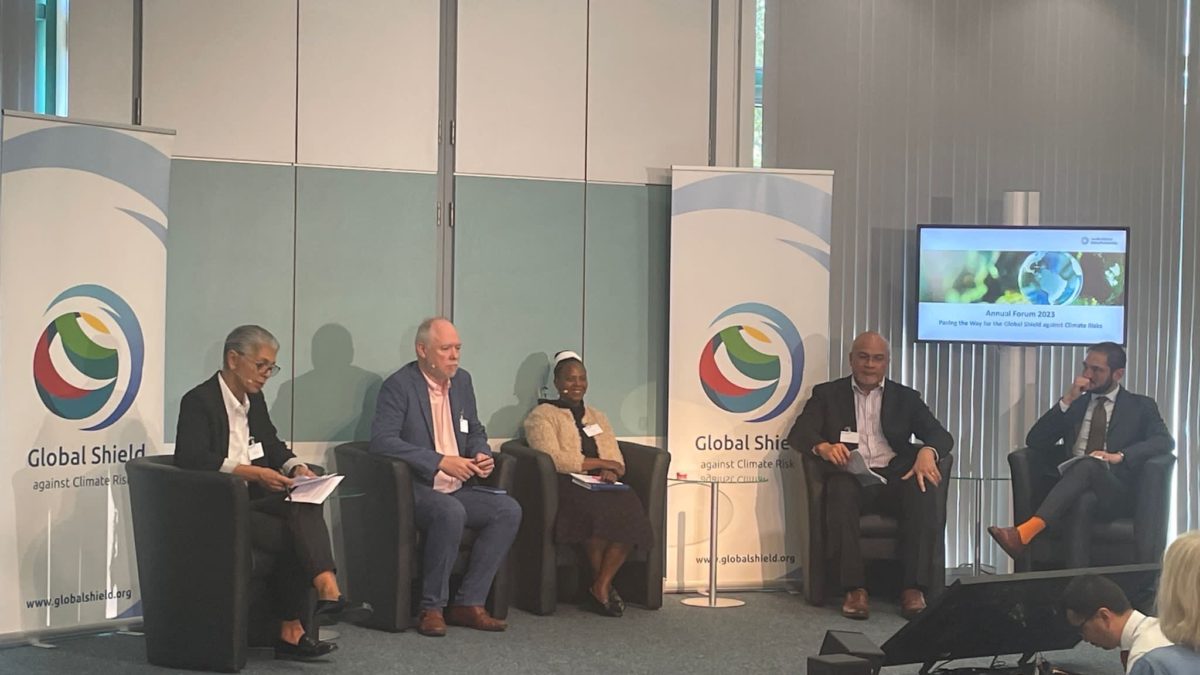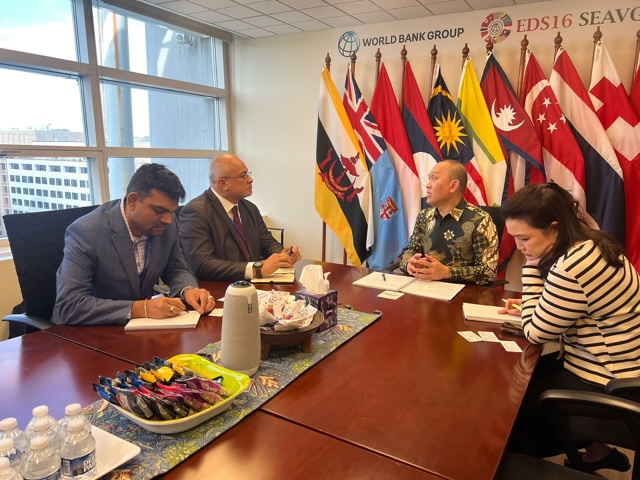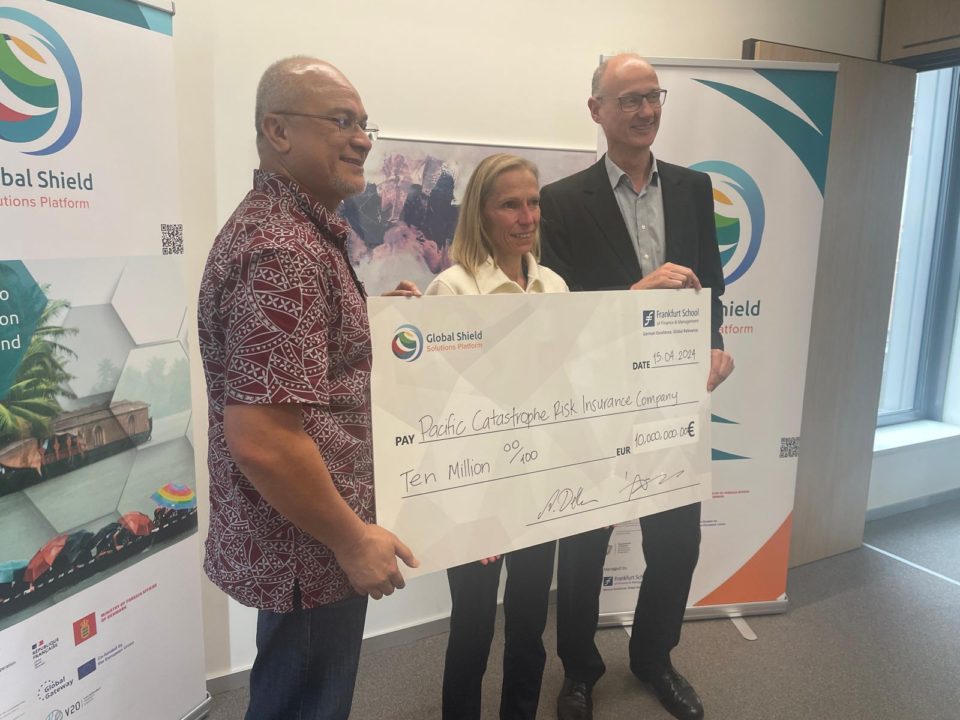PCRIC Calls for Collaborative Action for Climate Change Resilience in the Pacific
The Pacific Catastrophe Risk Insurance Company (PCRIC) CEO, Mr. Aholotu Palu, represented the company at the recent InsuResilience Annual Forum 2023 in Bonn, Germany.
In a passionate address, the urgency for collaborative action to address climate change and its devastating impact on the Pacific region was emphasized. It was acknowledged that climate change is an ongoing reality, with predictions indicating that its effects will only worsen over time. The Pacific Islands have been identified as one of the most vulnerable regions to climate change, and the existing debt distress situation further hampers their ability to invest in resilience-building measures.
Mr. Palu highlighted the pressing need for immediate assistance from the global community, particularly developed countries, and multilateral development banks, to provide premium financing to augment the financial protection desired of the Pacific to shield themselves from the impacts of climate change. Recognizing that the Pacific Islands cannot single-handedly mitigate the impacts of climate change, he called for shared responsibility and critical support. “While we are here talking, climate change is giving birth to a baby, that is, cyclones/floodings and earthquakes in the Pacific. We have no time to waste. Instruments and tools to revert the depressing prediction are within our reach,” he explained.
One of the key challenges faced by Pacific countries is their limited ability to spare capital for significant investments in climate change adaptation. Existing debt burdens have constrained their resources, leaving them in a precarious situation. Mr. Palu drew attention to the crucial role that financial protection programs, supported by the global community, can play in enabling Pacific countries to enhance their resilience to climate change.
Drawing attention to the unique circumstances of the Pacific, he stressed the need for tailored solutions. The Pacific Islands face distinct challenges due to their dispersed geography and economic profile.
In order to address these challenges effectively, he underscored the importance of simple and flexible access to financial resources for adaptability enhancement. Coordination and leveraging existing mechanisms were also emphasized as crucial elements for success. However, barriers such as the affordability of premiums and competing financial instruments exists that hinder the Pacific Islands’ ability to access these solutions.
Mr. Palu also pointed out the need for the Global Shield (GS) to listen and partner effectively with country and regional representatives. “InsuResilience and the Centre for Disaster Protection have identified the need to ‘increase the feeling of ownership’ as a key component in implementing successful premium support schemes. This is best achieved by listening and allowing the countries and regional bodies to have input into the set up, operation, and management of the Global Shield,” he said.
Looking to the future, he envisioned three priorities for the GS in the next five years. Firstly, a clear commitment to internationally shared risk management and ownership was identified as essential. This commitment requires support from both the G7 and V20 countries, allowing for a gradual transfer of risk ownership and premium support based on individual country circumstances.
Secondly, the establishment of regionally based multilateral development insurers would provide a critical tool for climate adaptation and response, enabling a proactive approach to disaster risk management. Lastly, exploring innovative approaches such as debt swaps and insuring credit ratings can help ensure that countries have the necessary financial space to invest in adaptation and resilience-building efforts.




